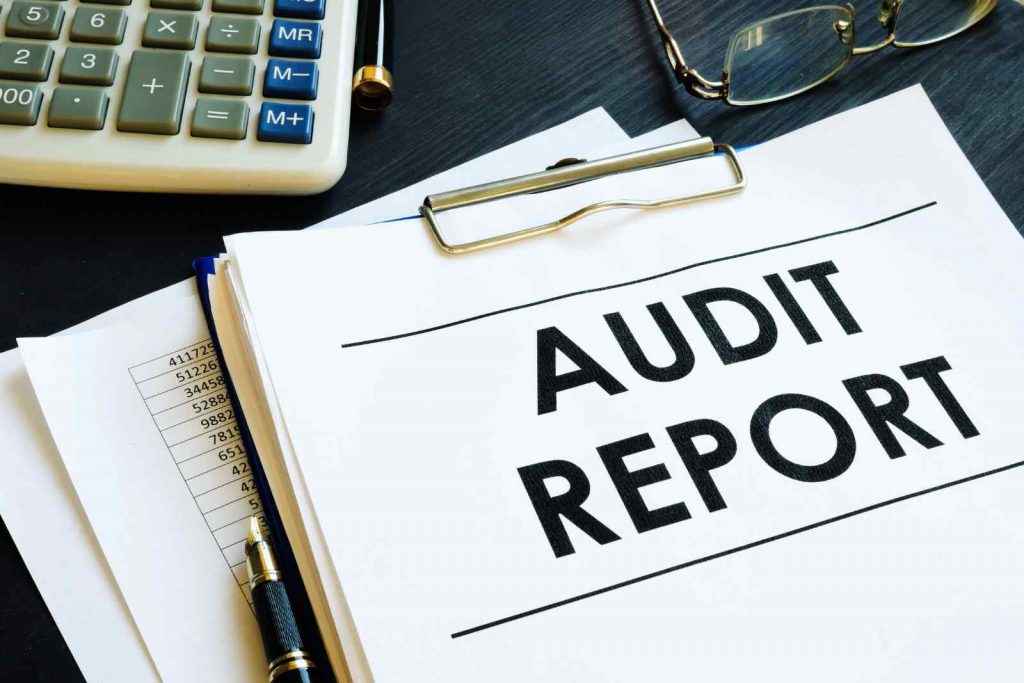Ensuring Compliance with the UK Charity Commission: A Guide for Charities

Whether you’re a seasoned Charity leader or embarking on a new philanthropic journey, navigating the intricate regulatory framework that governs charities can be a daunting task. In the UK, the Charity Commission is the independent regulator of charities, responsible for ensuring they comply with the Charities Act. This article aims to demystify the key aspects of the Charity Commission’s compliance requirements to help charities align their practices with the regulatory framework.
What is the Charity Commission?
The Charity Commission for England and Wales is a non-ministerial government department that registers, regulates, and provides guidance to charities. Its mandate is to ensure charities effectively manage their resources and meet their legal obligations, contributing positively to society.
How to Register a Charity
To be legally recognised as a charity in England and Wales, an organisation must apply for registration with the Charity Commission if it has income over £5,000 per annum or if it’s a Charitable Incorporated Organisation (CIO), regardless of income level. It should have exclusively charitable purposes for the public benefit, with clear and demonstrable goals. During registration, you’ll need to provide details about your charity’s trustees, income, spending, activities, and governing document (the ‘rulebook’ for how your charity is run).
Maintaining Compliance
Once registered, a charity is obligated to operate in a manner that aligns with Charity Commission regulations and the broader legal framework. Key aspects of compliance include:
1. Annual Reporting: All registered charities must submit an annual return, providing the Commission with up-to-date information about their income, expenditure, and activities. For charities with a gross income of over £25,000, an independently examined or audited set of accounts and a trustees’ annual report is also required.
2. Trustee Duties: Charity trustees have the ultimate responsibility for governing a charity and directing how it is managed and run. Trustees must always act in the best interests of the charity, ensuring it is carrying out its purpose for the public benefit, managing resources responsibly, and acting with reasonable care and skill.
3. Managing Risks: Charities should have a risk management strategy in place to identify, assess, and manage risks. This could include financial risks, operational risks, or risks related to the charity’s reputation. It’s a good practice to regularly review and update this strategy.
4. Safeguarding: Charities working with children or vulnerable adults need to have clear safeguarding procedures in place to protect the people they work with. The trustees are responsible for ensuring these are followed.
5. Fundraising: Fundraising must be done in a legal, honest, and transparent manner. Charities should follow the Code of Fundraising Practice and ensure they meet any additional requirements if they use professional fundraisers or work with commercial participators.
6. Data Protection: Charities must comply with data protection laws when handling personal data. This includes respecting the rights of individuals about whom data is collected and ensuring that data is not shared unlawfully.
Addressing Non-compliance
If a charity fails to comply with the regulatory requirements, the Charity Commission has enforcement powers, ranging from providing advice and guidance to opening a statutory inquiry. Serious incidents must be reported to the Commission, such as fraud, theft, significant financial loss, or suspicions of links to terrorism or extremism.
Charities, like all organisations, function best when they adhere to established legal and regulatory frameworks. It’s essential to fully understand the responsibilities your charity has under the UK Charity Commission’s guidance and to implement robust systems and processes to ensure ongoing compliance. Remember, the goal of these regulations is to enhance transparency, protect resources, and ultimately promote public trust and confidence in the charitable sector.



